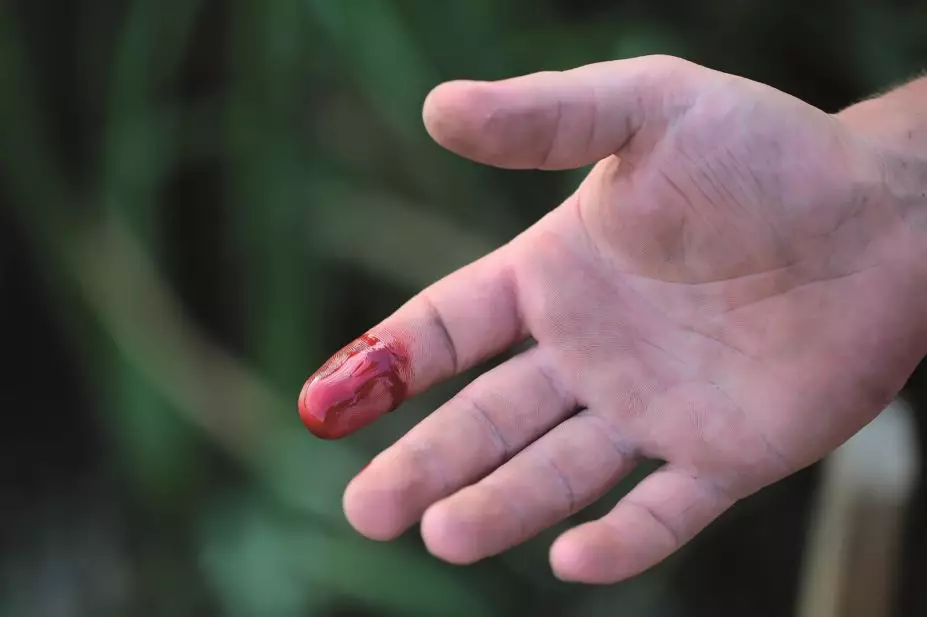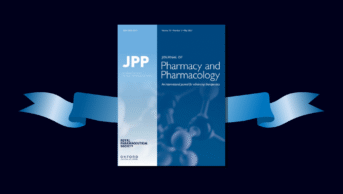
Shutterstock.com
An NHS trial of gene therapy for haemophilia A has led to increased levels of factor VIII in participants, including some who have achieved normal levels of the clotting protein up to a year after treatment.
The findings, published in The New England Journal of Medicine, mark the first time a trial for gene therapy in haemophilia A has been successful.
“We have seen mind-blowing results, which have far exceeded our expectations,” said John Pasi, Haemophilia Centre director at Barts Health NHS Trust, who led the research.
“When we started out we thought it would be a huge achievement to show a 5% improvement, so to actually be seeing normal or near-normal factor levels with dramatic reduction in bleeding is quite simply amazing.”
Scope of trial
The trial involved nine men with severe haemophilia A. They were each given an injection of a genetically modified virus containing genetic instructions for the factor VIII protein. Seven participants were given a high dose, while one each received an intermediate and low dose, respectively.
While there was minimal change in the low- and intermediate-dose cohorts, the researchers found that in the high-dose cohort, six out of seven patients achieved a normal level of Factor VIII activity by weeks 2-9 and this was maintained after one year of treatment. There was only one annualised incident of bleeding in this cohort, compared with 16 while receiving prophylactic therapy before the study.
People with haemophilia A have mutations in the gene encoding factor VIII, meaning they produce minimal amounts of the protein, which is essential for blood clotting. As a result, they are prone to excessive bleeding following trauma, as well as spontaneous internal bleeding.
People with the condition frequently experience joint damage and arthritis. Currently, most are treated prophylactically with infusions of factor VIII, but these may be needed several times per week and patients still experience joint damage and impaired quality of life.
Attempts to treat haemophilia A with gene therapy have been challenging, in part because of the large size of the coding sequence for the protein. To overcome this, the researchers used a shorter coding sequence that doesn’t encode every domain of the protein.
They say that the fact that the treatment can be delivered via a single infusion could impact the way haemophilia A is treated worldwide.


